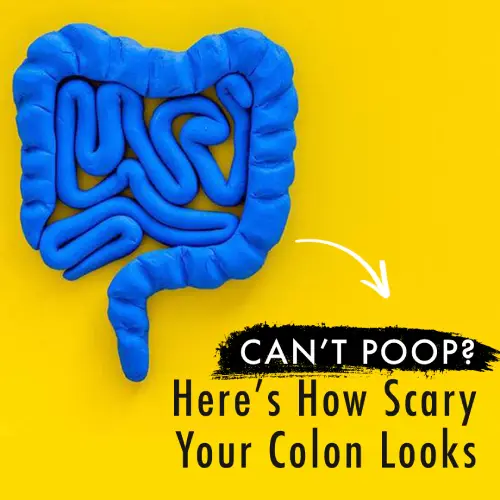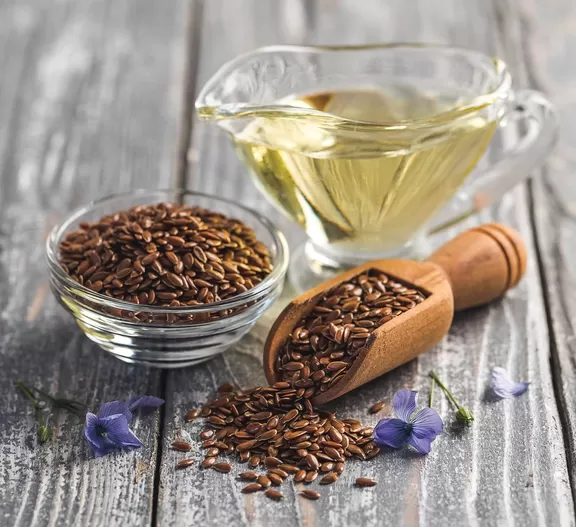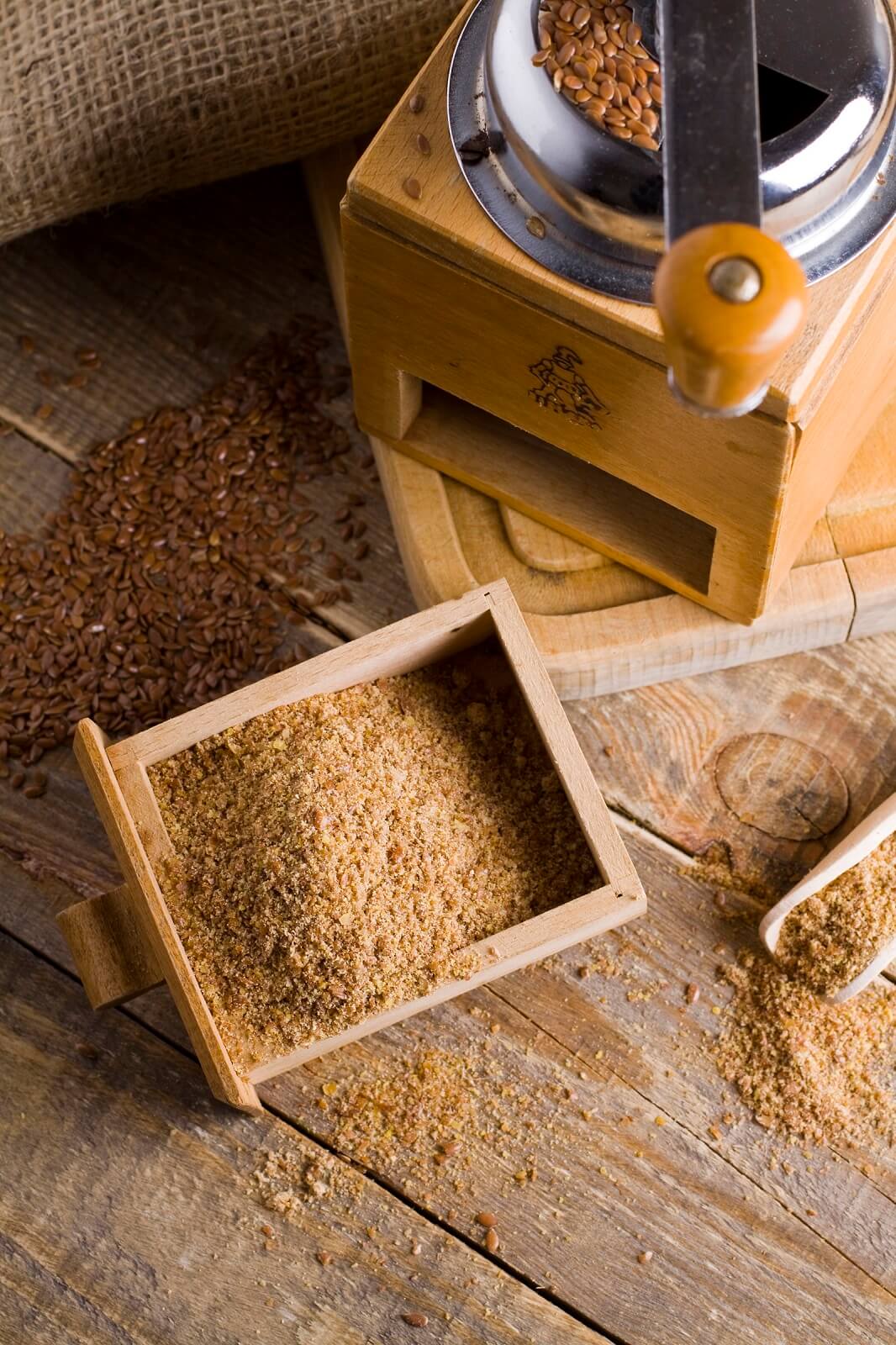
Flaxseed (Linum usitatissimum) does help with hemorrhoids when you take it internally via helping reduce inflammation and reducing constipation. It also can be used externally to help heal wounds. So, this herbal remedy is good both inside and out for hemorrhoids.
In addition to helping heal wounds, flaxseed is also a capable antifungal and antibacterial. This can help keep damaged anal skin from developing a secondary infection.
If your hemorrhoids are related to constipation, flaxseed is going to be a very important addition to your diet. Constipation can lead to hemorrhoids (this is somewhat controversial, but we will discuss this later); and, by keeping regular and reducing straining during bowel movements, this condition may even go away.
So in general, flaxseed helps to heal hemorrhoids in 3 primary ways:
- Reducing constipation
- Reducing inflammation (internal & external)
- Helping to heal wounds (external use of the oil)
But, of these three primary ways this herb helps hemorrhoids, reducing constipation is probably the most important!
The late, renowned herbal medicine expert Dr. James A. Duke (more on Dr. Duke from the USDA), in his book The Green Pharmacy,(source 1) discusses how he has personally experienced hemorrhoid flare-ups from constipation. Dr. Duke said all four of his family members experienced hemorrhoids; and, more so when they strayed from the high fiber diet they have at home.
According to Dr. Duke The best way to deal with hemorrhoids is to prevent them, and the best way to do that is to prevent constipation.
How to Use Flaxseed for Hemorrhoids
Dr. James Duke wrote many books, and in his book The Green Pharmacy Guide to Healing Foods,(source 2) he talks about how to use flaxseed for hemorrhoids.
Dr. Duke states that flaxseed is rich in omega-3 fatty acids; which are a good type of fat that helps the bowels keep moving. Additionally, this herb has a lot of fiber.
Yet, Dr. Duke suggests going with regular flaxseeds, and not the oil. This is due to the fact that flaxseed oil doesn’t have the fiber or omega-3 fatty acids you need to help with hemorrhoids.
Dr. Duke also gives the important caveat that whole flaxseeds don’t give much benefit to the person eating them. This is because the digestive system cannot penetrate the hard shell that encases the seeds. He suggests using crushed or ground flaxseed; and, this will be easier to digest.
Also flaxseeds have a sweet, nutty taste that goes well with a variety of foods. Consider adding flaxseed powder to some of your favorite foods, or having crushed flaxseed with a good cereal in the morning.
Concerning exact dosage guidelines and how to use flaxseed for constipation, please refer to the aforementioned article on this topic: Flaxseed for Constipation.
For external use, just add the oil to the affected area before you go to sleep. For an improved remedy, try adding in some powdered chamomile to the oil!(source 9)
Naturally Treat Hemorrhoids in 48 Hours
Jessica Wright’s unique 5-step, all-natural approach to hemorrhoid treatment delivers permanent relief. Heal hemorrhoids in 48 hours, and eliminate the root cause in 30 to 60 days.
Benefit from Jessica’s 12 years of research; her book is backed by a 60 day, 100% money back guarantee.

Questioning the Link Between Constipation & Hemorrhoids
A 2004 study in Reviews in Gastroenterological Disorders(source 3) states: Although hemorrhoids have been attributed to constipation, this association has been questioned.
It seems like there is a general agreement in direct research on constipation being a risk factor for hemorrhoids; and, by direct research I mean when people with hemorrhoids are studied for constipation and the risk evaluated. This is unbiased, and this author feels that including things like socioeconomic status, gender, and ethnicity tend to confound the results. The list of possible attributes of a studied population could be greatly elaborated; and there is no end to the confusion that such variable inclusion could result in.
Case in point, it seems a 2019 study in Clinical Gastroenterology and Hepatology(source 4) may state exactly why the connection between constipation and hemorrhoids is questioned. Not because of direct research without confounding variables, but because of qualities like how much money someone has. The following quote, taken from this study, seems to sum up this argument:
The current belief is that constipation leads to chronic straining and hard stools resulting in degeneration of the supportive tissue in the anal canal and distal displacement of anal cushions. However, hemorrhoids and constipation have different epidemiologic features including age, sex, ethnicity and socioeconomic status, casting doubt on constipation as a risk factor.
Clinical Gastroenterology and Hepatology [17.1 (2019): 8-15]
So whatever you choose to believe, I prefer to adopt the opinion of "direct" research on this question, without possibly confounding variables. I think it is wise to look directly at the issue, and not try to make things so complex. This author feels that constipation is indeed a risk factor for hemorrhoids.
Samuel Bart’s Digestive Health Solution
Samuel Bart has always been passionate about plants and their ability to keep us healthy. He has put together some of the best natural ways that could help anyone support a healthy digestive system.
Samuel perfected an easy, yet powerful formula, which consists of amazing ingredients. Bart’s supplement is backed by a ironclad 60-day, money back guarantee.

Research Showing Constipation is a Risk Factor for Hemorrhoids
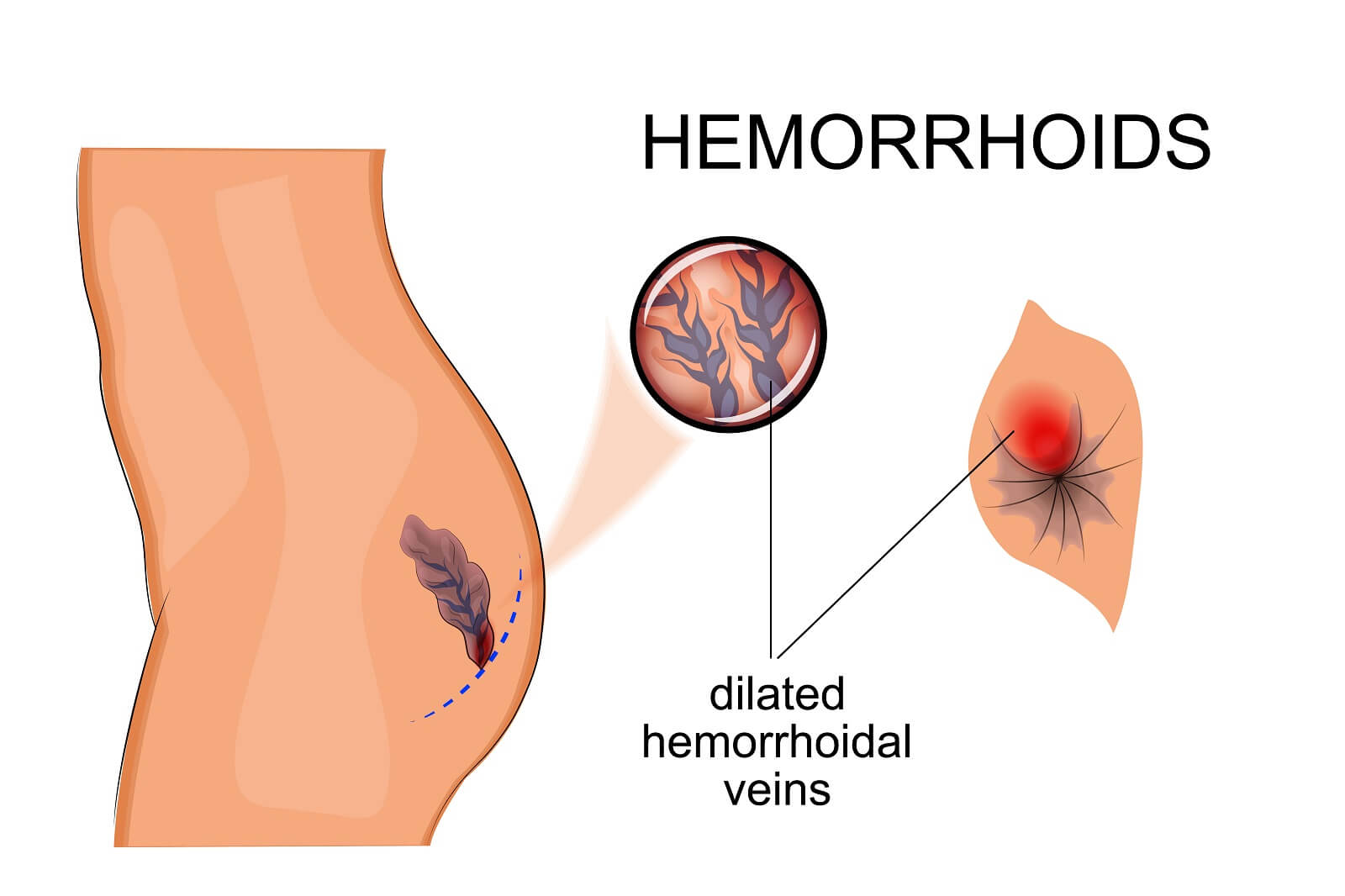
A review study in 2022 in European Journal of Gastroenterology & Hepatology(source 5) looked at 19 different studies on constipation and hemorrhoids. This review provides a general assessment of if constipation is related to hemorrhoids.
The primary outcome of this review was the finding that hemorrhoids are more prevalent in people with functional constipation (when constipation is not caused by an external factor, such as diet, and is persistent(source 6)). The study found that the prevalence of constipation was higher in people with hemorrhoids than without them; this correlation had an odds ratio of 2.09 (meaning people with hemorrhoids are 2.09 times more likely to have constipation than those who do not have hemorrhoids).
A 2015 study in PLoS One(source 7) looked at the risk factors for hemorrhoids; of which, constipation was investigated.
The study included 2,813 patients, of which 1,074 had hemorrhoids. Concerning constipation, it was found to be a risk factor for hemorrhoids with an odds ratio of 1.43 (meaning people with constipation were 1.43 times as likely, i.e. 43% more likely, to have hemorrhoids).
A 1998 study in Diseases of the Colon & Rectum(source 8) also evaluated the association between hemorrhoids and other diagnoses; constipation included. The study involved a large study population; 96,314 people with hemorrhoids and the same number of control subjects were used in the research.
The different diagnoses of diseases associated with hemorrhoids could be grouped into five main categories: constipation problems, diarrhea diseases, spinal cord injuries, anorectal diseases, and problems resulting from having the hemorrhoids in the first place.
The study found the odds ratio for having constipation if you also have hemorrhoids; it was 1.30. Thus, having hemorrhoids made a research subject 30% more likely to have constipation.
It appears that constipation is not always guaranteed, of course, if you have hemorrhoids. But it certainly appears to be a general risk factor associated with hemorrhoids.
Dr. John Herzog (MD)
Dr. John Herzog, a "survival surgeon" from Maine explains what home remedies work best in a crisis situation.
This may be important in the event you require first-aid or are in an emergency situation without easy access to a hospital. Dr. John Herzog has assembled a large collection of home remedies for such scenarios.

Flaxseed Helps Heal Wounds
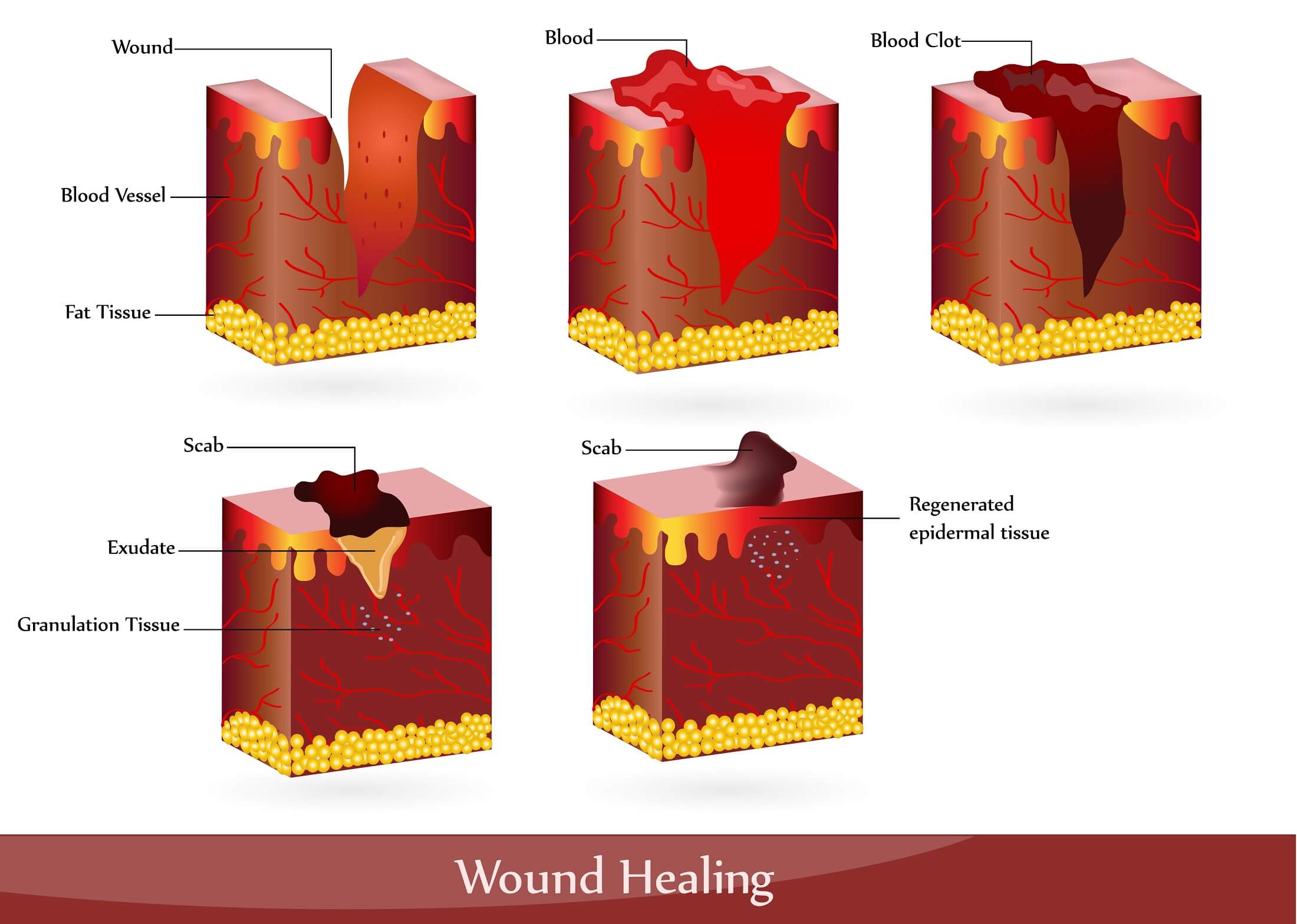
Before we get to the specific studies on wound healing, lets talk about how flaxseed is antimicrobial (which can assist in the healing process). Flaxseed oil is also a capable antifungal and antibacterial. This can be important to prevent damaged anal skin from developing a secondary infection. Yeast infections of the anus or a bacterial infection there would not be ideal.
Herbsey has two entire articles on these topics as they are beyond the scope of this article:
A study published in 2014 in the Indian Journal of Fundamental and Applied Life Sciences(source 9) looked at how flaxseed oil, an alcohol extract of German chamomile (Chamomilla recutita), and a combination of both affected wound healing in rats.
The study measured the wound area for 20 days after administering the treatments. The wounds treated with a combination of flaxseed oil and the chamomile extract shrank in size faster than the comparison treatment drug nitrofurazone (an antimicrobial drug that is used to treat burns and skin graft wounds).
The study also found that the combination therapy of flaxseed oil and chamomile extract caused upregulated angiogenesis (creation of new blood vessels) on days 3 and 7.
The following results were found on day 12 concerning wound size for the given treatments:
- Chamomile extract treatment: approximately 106 mm
- Flaxseed oil treatment: approximately 76.2 mm
- Flaxseed oil plus chamomile treatment: approximately 50 mm.
The study stated following conclusion:
Our data showed that, [co-administering] the [chamomile extract] and [flaxseed oil] shortened the inflammatory phase and enhanced the proliferative stage. Therefore, the [chamomile extract] and [flaxseed oil] could be considered as appropriate alternative chemicals for [nitrofurazone ointment].
Indian Journal of Fundamental and Applied Life Sciences (2014)
Another great reason to mix other healing herbs into flaxseed oil when you want to treat hemorrhoids!
A 2022 study in the Journal of Pharmacy & Pharmacognosy Research(source 10) conducted a systematic review of how flaxseed could affect wound healing. 10 total articles were eventually included in the review.
The review found that flaxseed oil does help to improve the wound healing process. Flaxseed oil was proven produce healing effects by:
- Helping with angiogenesis
- Upregulating cell infiltration (
the presence of inflammatory cells without other evidence of an inflammatory process
(source 11)) - Increasing fibroblast (a type of cell that helps with the development of connective tissue) deposition
- Improving skin elasticity for fast wound contraction
Another study, published in 2019 in The Iranian Journal of Obstetrics, Gynecology and Infertility,(source 12) looked at how flaxseed oil would affect cesarean section incision wound healing.
The study found through analysis that there was a statistically significant difference in cesarean section wound healing on the 4th and 8th days after treatment between women given flaxseed and those who did not get this therapy. The study concluded that flaxseed oil is recommended for cesarean section wound healing.
Claire Goodall’s Amazing Guide
Clair Goodall is a bee-obsessed, natural medicine convert from Minnesota (USA). And, she does keep bees!
Clair has created 350+ page book documenting how to replace the toxic products and medications in your home with healthier, all-natural alternatives.

Flaxseed Helps Reduce Inflammation
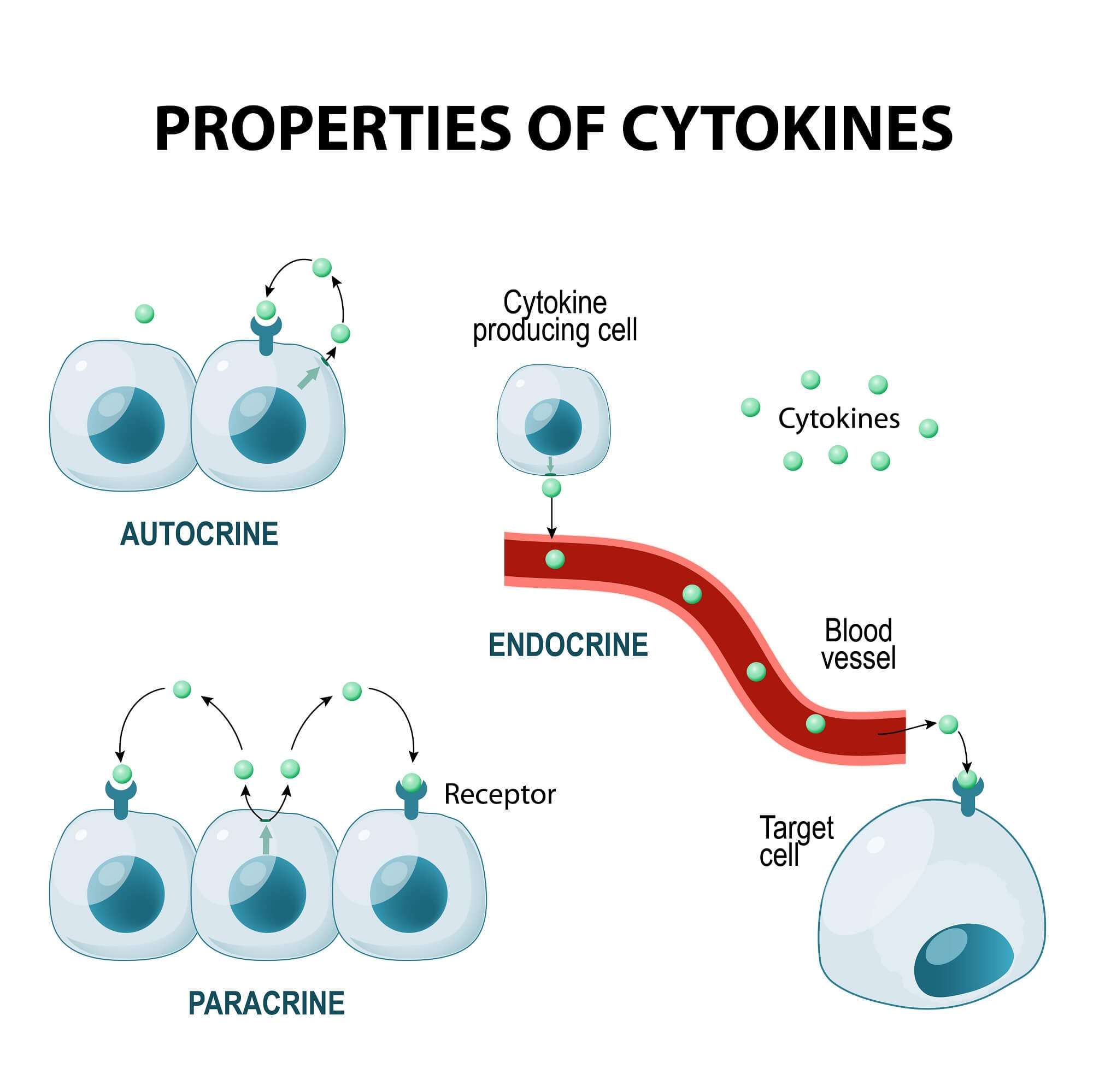
A 2020 systematic review study, published in Cytokine,(source 13) investigated how flaxseed would impact markers of inflammation. The review process eventually selected 40 studies; which included a total of 2,520 participants.
The study found that flaxseed supplementation might improve circulating concentrations of inflammatory cytokines (a signaling molecule produced by cells that is involved in triggering inflammation) and certain adhesion molecules ([an] important components of an active T-cell mediated immune response
(source 14)).
Specifically, the study concluded that consuming flaxseed could help to lower C-reactive protein, vascular cell adhesion protein 1, and interleukin-6.
Let’s define these terms and see what lowering them would do for inflammation.
C-Reactive Protein
C-Reactive Protein (CRP) is a protein made by the liver. Levels of CRP rise in response to inflammation. CRP is mainly induced by interleukin-6 acting on a gene that causes the transcription of CRP during the acute phase of inflammation (the almost immediate response to tissue injury; signs include pain, redness, heat, swelling, and loss of function). CRP has both anti-inflammatory and pro-inflammatory action.(source 15)
High levels of CRP can mean inflammation is lasting too long, as the body releases CRP in response to inflammation, and this can lead to tissue damage. So lowering it can help spare tissue from unnecessary damage.(source 16)
Interleukin-6
Interleukin-6 (IL-6) is created by the body in response to injury or infection. IL-6 helps the body protect itself by stimulating acute inflammation phase responses, immune system responses, and hematopoiesis (all cellular blood components are made from haematopoietic stem cells; thus hematopoiesis is the creation of cellular components of the blood).(source 17)
When the proinflammatory activity of IL-6 persists, it helps to promote chronic inflammation. Reducing it may help in stopping chronic inflammation.(source 18) And, if it is not present, it cannot stimulate an acute inflammation phase response.
Vascular Cell Adhesion Protein 1
Cell adhesion molecules (CAMs) help to selectively draw circulating white blood cells to sites of inflammation by promoting cellular interactions. Vascular cell adhesion molecule 1 (VCAM-1) is a endothelial (the endothelium is a single layer of cells that lines cavities in the body such as blood vessels) CAM.(source 19)
VCAM-1 can be created by the presence of interleukin-1 (IL-1) and Tumor necrosis factor alpha (TNF-α).(source 19) TNF-α causes inflammation and IL-1 is a cytokine that also stimulates inflammation. Therefore, if there is less of VCAM-1 there may be less inflammation.
Flaxseed Side Effects & Guidelines
Flaxseed is generally safe, but there are some side effects to be aware of. The mucilage in it might interfere with the absorption of medications. And, you may want to limit small children’s intake of it because it does result in a little cyanide being put into the body due to the presence of cyanogenic glycosides (these chemicals are found in other plants and are not that unusual).
Aside from the possibility of constipation if you do not drink enough water when you take it, it is probably unlikely that adults will have problems if they consume reasonable amounts.
But, Herbsey does have an entire article on the side effects of flaxseed, which goes into greater detail. If you’d like to learn more, and get a fuller understanding about this helpful food, you can check it out:
Heal Hemorrhoids Naturally in 48 Hours
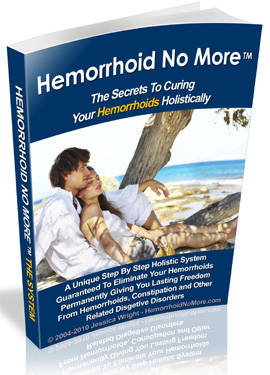
If you have tried "everything" to treat hemorrhoids, including surgery, but it didn’t work—your’re not alone. Jessica Wright experienced this same hardship due to hemorrhoids. But, with extensive research and understanding of natural medicine, she developed a solution to permanently end her hemorrhoids.
Jessica Wright wrote an entire book detailing exactly how to replicate her success. Also, it appears "Jessica Wright" is probably a pen name for a woman—and author—named Linda Allen. Linda suffered from recurrent yeast infections as well, maybe at the same time as she had hemorrhoids. She turned to natural medicine for answers when medical doctors and their solutions could not help.
Jessica’s story is one of severe and chronic hemorrhoids. It involves routine doctor’s visits, prescription medications / creams, significant suffering from hemorrhoids, and even a two hour hemorrhoids surgery (stapled hemorrhoidopexy). Yet, 12 years of these treatments didn’t resolve Jessica’s hemorrhoids.
Despite these setbacks, Jessica didn’t give up; instead, she turned to natural medicine and diligent research. Skipping to the end of Jessica’s story, she would develop a natural method to treat hemorrhoids that worked brilliantly.
After Jessica put together her treatment protocol and used it, she found her hemorrhoids completely disappeared. And, they stayed gone. Something her doctor was not able to do. Yet, all it took was the right natural therapeutic approach.
Jessica also gave her treatment approach to others; and, they experienced the same exceptional results. Typically, Jessica’s system provides dramatic relief of hemorrhoids in just 48 hours. And, the root cause of hemorrhoids is fixed within 30 to 60 days.
A company selling hemorrhoid symptom products does not want their customer base diminished. Consequently, unpatentable natural medicine does not get much attention or publicity.
So, how can you know if Jessica Wright’s claims are legitimate and not a scam? That is a great question. Here are 3 important reasons why Jessica’s book is legitimate:
- It is published by a large U.S. based company (Located in Idaho) known as ClickBank. ClickBank handles all the sales and refunds of many products like Jessica’s. They do business in many countries; and, have been in business for many years.
- ClickBank provides a 60 day, 100% money back guarantee on all their products, Jessica’s book included.
- If you are not satisfied with Jessica’s book you can simply contact ClickBank (they make it very easy) for a full refund.
Jessica’s story is more in-depth than this concise overview. And, there are additional bonuses Jessica provides with her book. If you’d like to find out more about Jessica’s personal story or her hemorrhoid treatment; you can learn more at Jessica Wright’s website.
About the Author
Nick Gross is a natural medicine enthusiast who has been researching and writing about natural medicine since 2008. Nick is primarily a web developer, but also researches and authors written and video content about natural health. Nick has a bachelor’s degree in Management Information Systems from the University of Northern Iowa.
More on Nick GrossImportant Disclosures & Disclaimers
It is important to use the information you find on Herbsey.com in the right way. Also for legal reasons, these disclaimers and disclosures are necessary. For further information about each, feel free to click the link provided to the page on this website that provides more information.
Medical Disclaimer
The information on this website is not a prescription for anyone. This information is for informational or educational purposes only, and is not a substitute for professional medical advice or consultations with healthcare professionals.
Advertisement Disclosure
Some of the links provided on this article and website are affiliate links. If you purchase a product after clicking on these links, Herbsey.com will earn a commission. Herbsey.com promotes various products through advertisement and text links. For more information: Our Advertisements.



